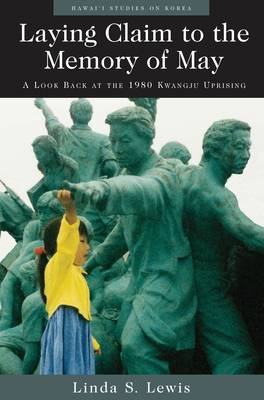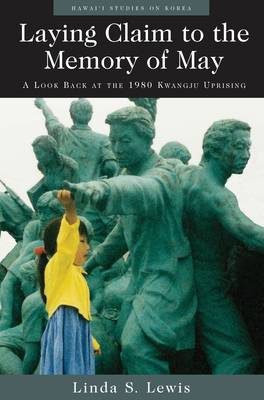
- Afhalen na 1 uur in een winkel met voorraad
- Gratis thuislevering in België vanaf € 30
- Ruim aanbod met 7 miljoen producten
- Afhalen na 1 uur in een winkel met voorraad
- Gratis thuislevering in België vanaf € 30
- Ruim aanbod met 7 miljoen producten
Omschrijving
The Kwangju Uprising--"Korea's Tiananmen"--is one of the most important political events in late twentieth-century Korean history. What began as a peaceful demonstration against the imposition of military rule in the southwestern city of Kwangju in May 1980 turned into a bloody people's revolt. In the two decades since, memories of the Kwangju Uprising have lived on, assuming symbolic importance in the Korean democracy movement, underlying the rise in anti-American sentiment in South Korea, and shaping the nation's transition to a civil society. Nonetheless it remains a contested event, the subject still of controversy, confusion, international debate, and competing claims.
As one of the few Western eyewitnesses to the Uprising, Linda Lewis is uniquely positioned to write about the event. In this innovative work on commemoration politics, social representation, and memory, Lewis draws on her fieldwork notes from May 1980, writings from the 1980s, and ethnographic research she conducted in the late 1990s on the memorialization of Kwangju and its relationship to changes in the national political culture. Throughout, the chronological organization of the text is crisscrossed with commentary that provocatively disrupts the narrative flow and engages the reader in the reflexive process of remembering Kwangju over two decades. Highly original in its method and approach, Laying Claim to the Memory of May situates this seminal event in a broad historical and scholarly context. The result is not only the definitive history of the Kwangju Uprising, but also a sweeping overview of Korean studies over the last few decades.Specificaties
Betrokkenen
- Auteur(s):
- Uitgeverij:
Inhoud
- Aantal bladzijden:
- 214
- Taal:
- Engels
- Reeks:
Eigenschappen
- Productcode (EAN):
- 9780824825430
- Verschijningsdatum:
- 30/04/2002
- Uitvoering:
- Paperback
- Formaat:
- Trade paperback (VS)
- Afmetingen:
- 151 mm x 230 mm
- Gewicht:
- 294 g

Alleen bij Standaard Boekhandel
Beoordelingen
We publiceren alleen reviews die voldoen aan de voorwaarden voor reviews. Bekijk onze voorwaarden voor reviews.











